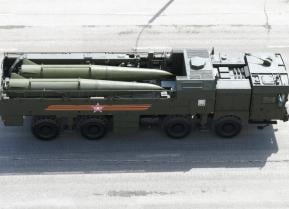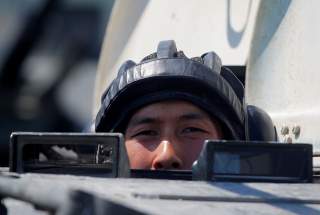Everyone Knows China Is Building a World-Class Military. But They Need to Ask Why.
Simple: Beijing fears the past.
Chinese History: Chinese A2/AD?
As noted by many analysts (including myself), Chinese A2/AD strategy seeks to target selected perceived weaknesses in U.S. military technology, force structure and strategic doctrine—all while not having to match U.S. forces in all combat domains. At present, even though China possesses the second-largest economy in the world, it still does not have the economic or technological base to challenge America in a symmetrical military matchup. What China can do is devise an asymmetric strategy that is designed to inflict maximum damage on American forces if they were to intervene militarily close to China’s perceived interests along its coasts and out towards the first island chain.
History clearly shows us China has suffered from technological obsolescence on the battlefield for some time—allowing various nations to take advantage. A century of humiliation has taught Chinese planners that to allow military forces to be able to approach the coast and be able to build up forces for a possible attack invites strategic weakness and possible subjugation by foreign powers. Beijing does not feel it has the luxury of time to wait for the development of a first-class military if it were challenged by Washington or another great power. A2/AD solves an age-old problem for China and might just be able to at least deter America and others from possible infringement on China's core interests. And if history is any guide, it seems clear that is exactly the outcome Beijing wants.
Harry J. Kazianis is Director of Defense Studies at the Center for the National Interest.


